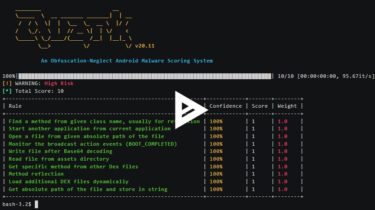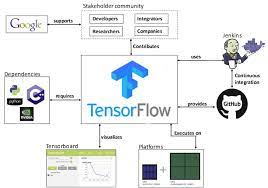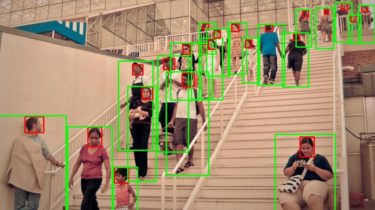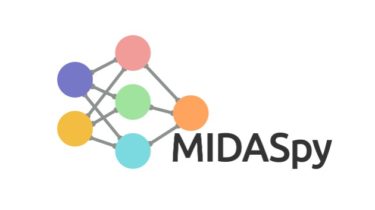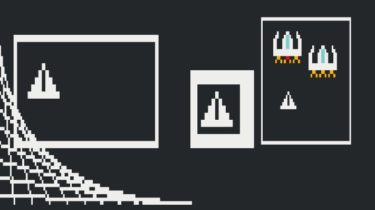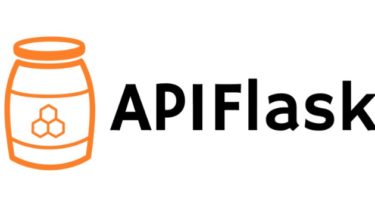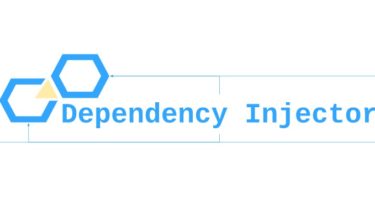An Obfuscation-Neglect Android Malware Scoring System
Quark-Engine Quark-Engine is also bundled with Kali Linux, BlackArch. :shipit: A trust-worthy, practical tool that’s ready to boost up your malware reverse engineering. Why Quark? Android malware analysis engine is not a new story. Every antivirus company has their own secrets to build it. With curiosity, we develop a malware scoring system from the perspective of Taiwan Criminal Law in an easy but solid way. We have an order theory of criminal which explains stages of committing a crime. For […]
Read more